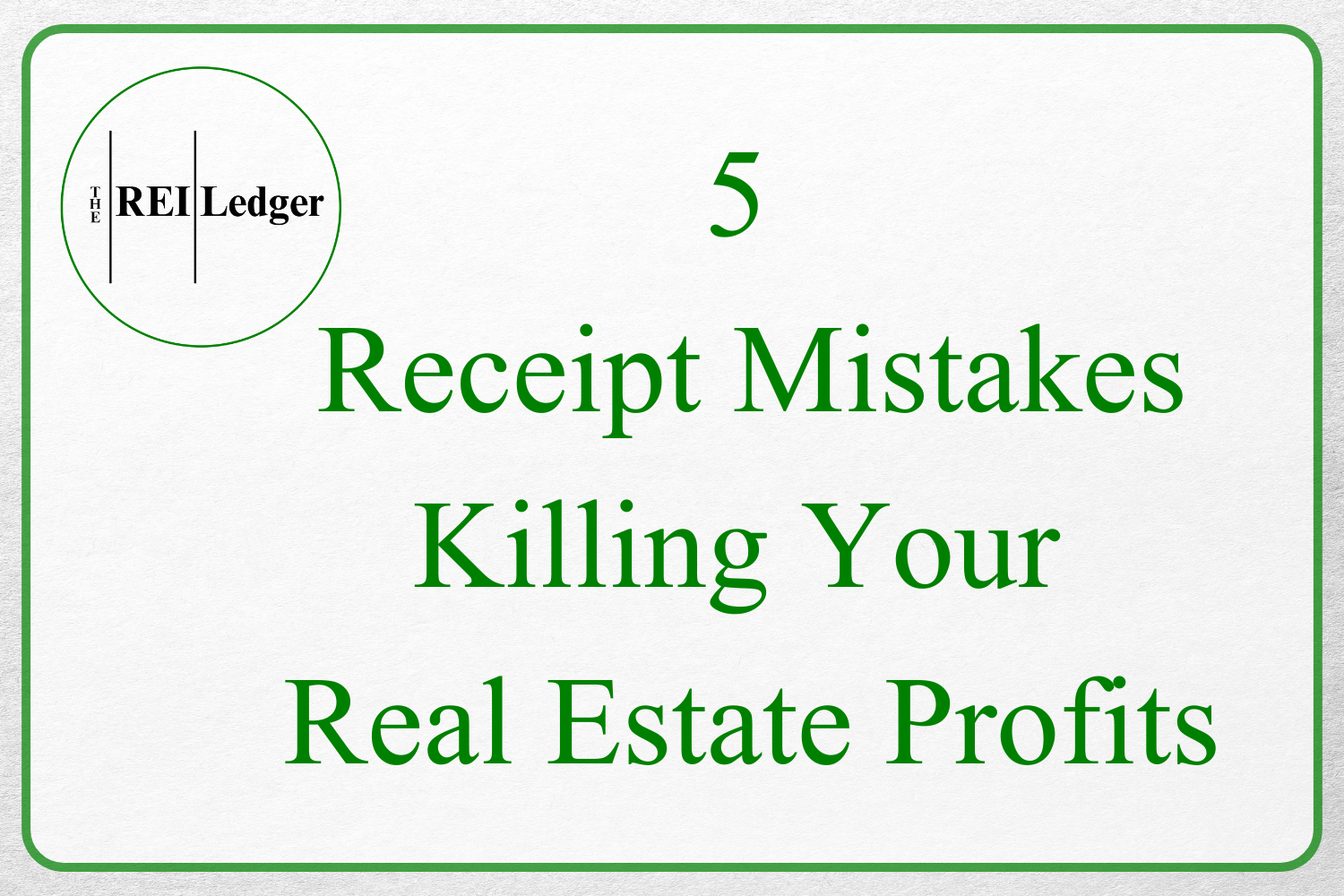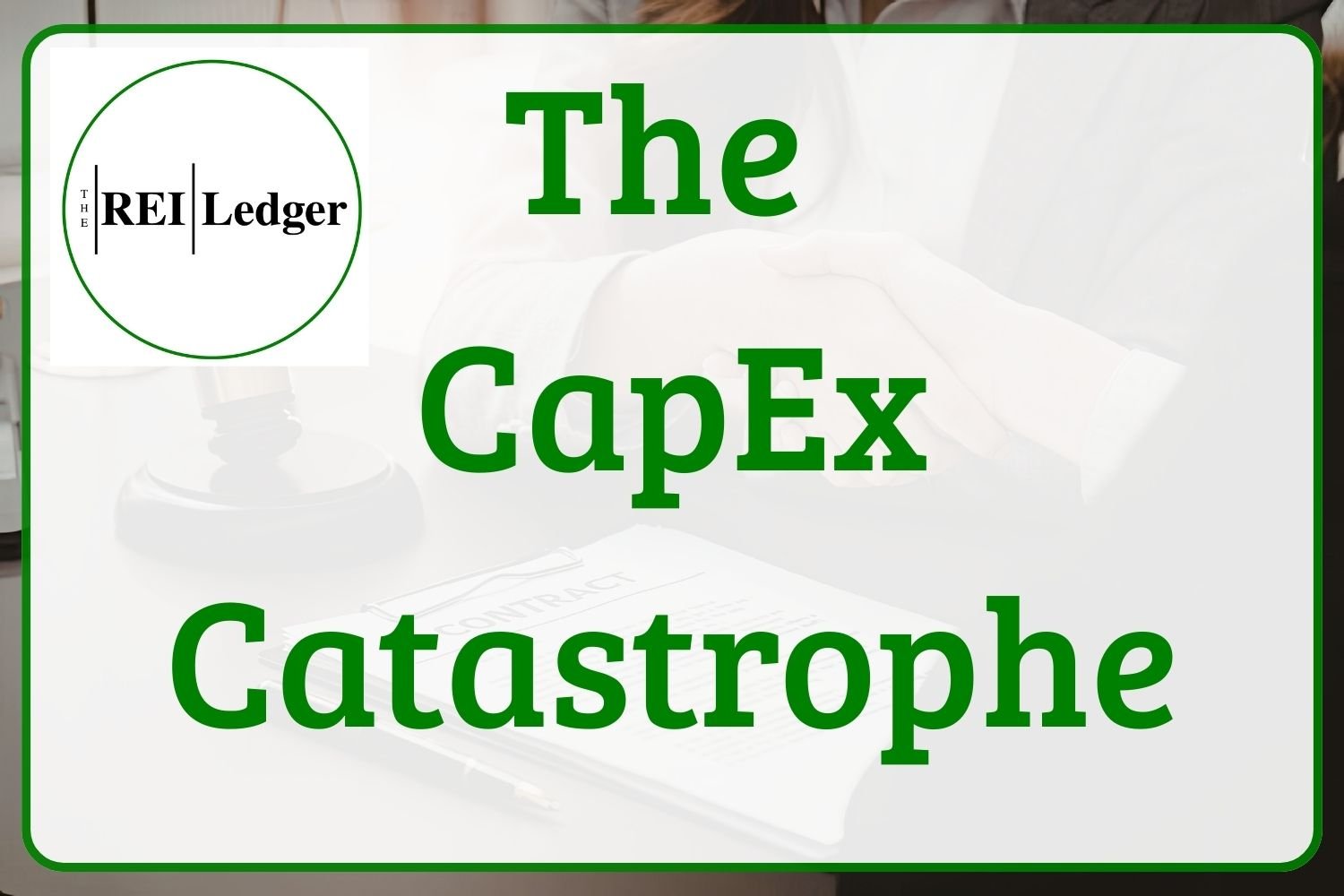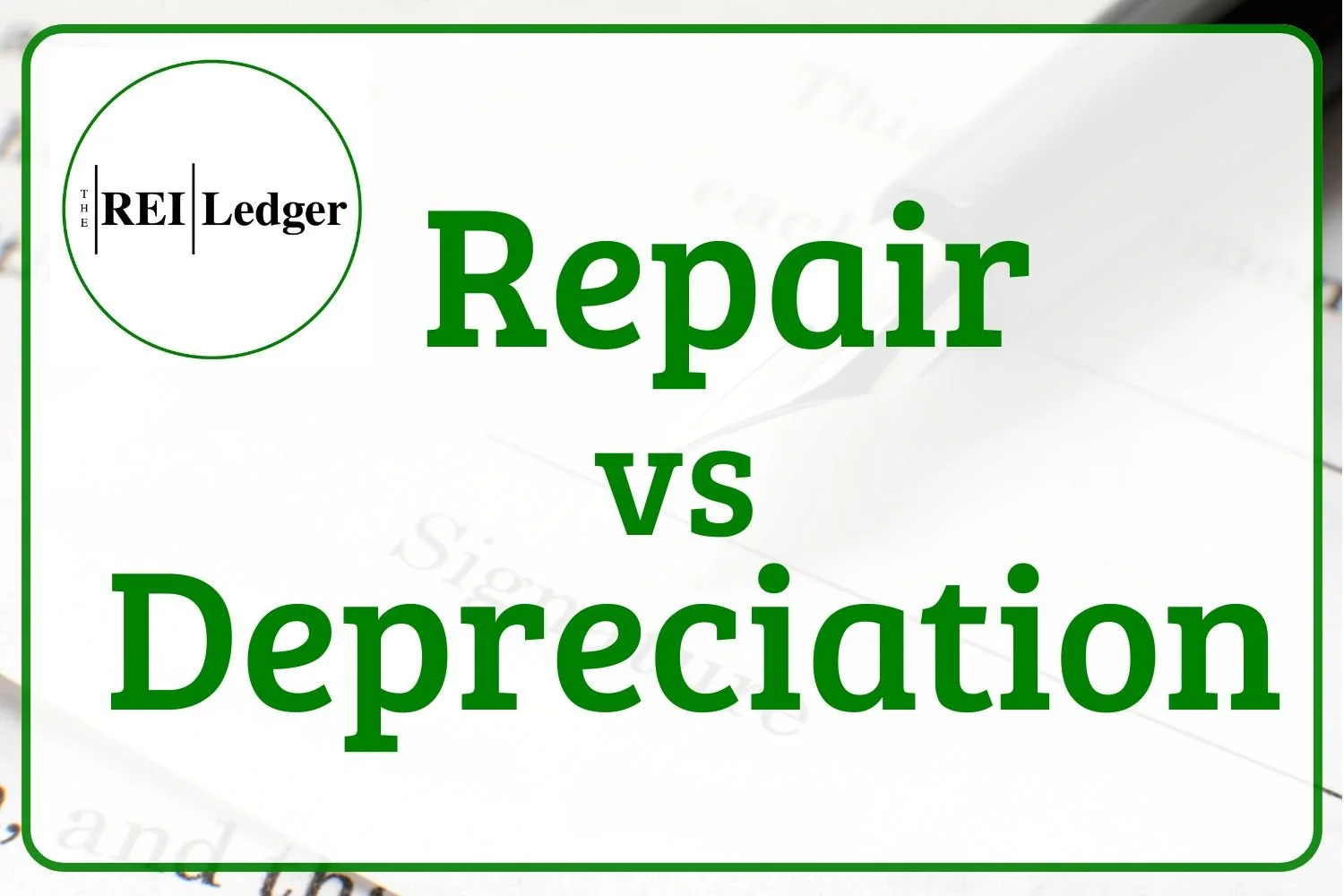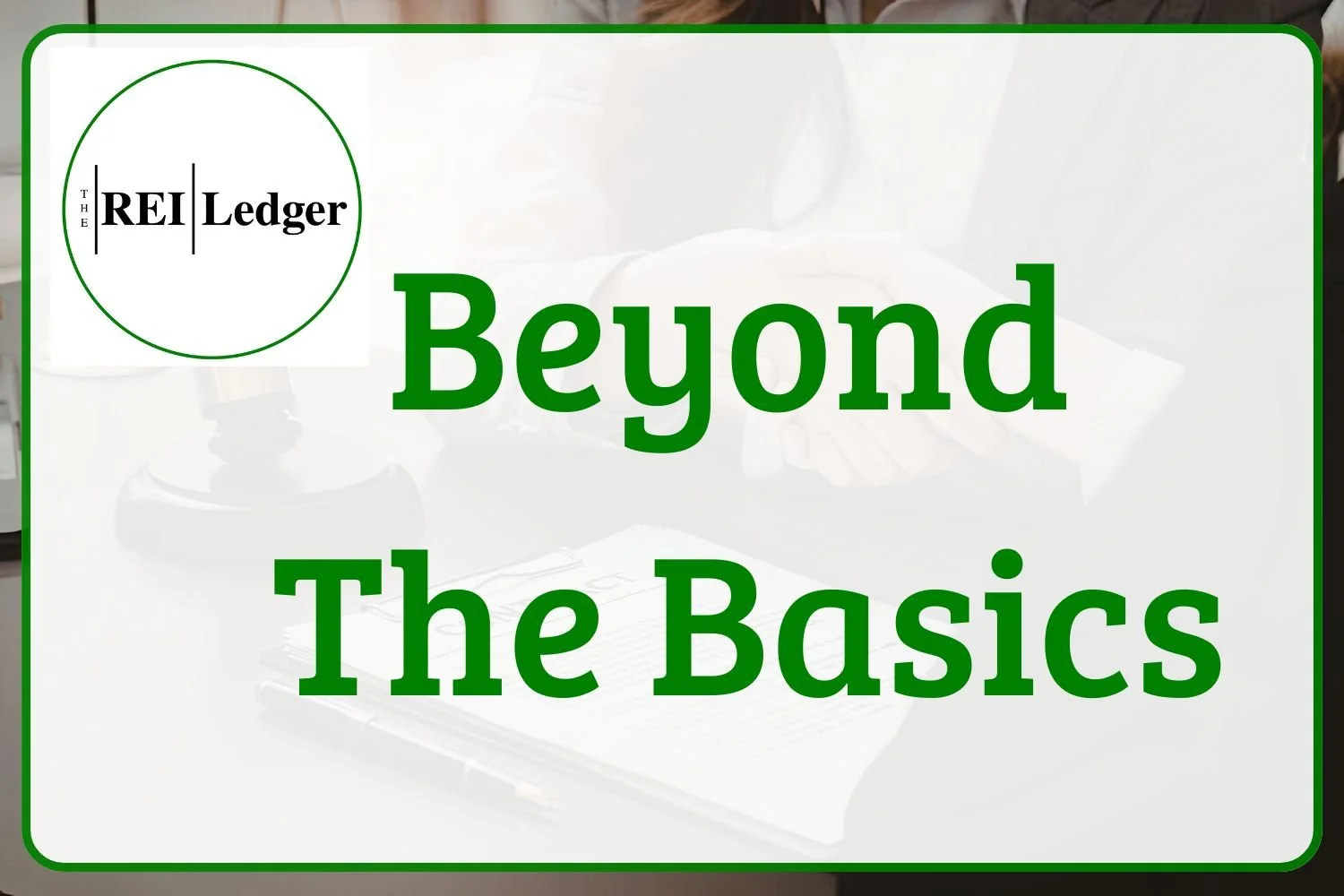6 Monthly Must-Haves for Your Real Estate Books
Stop stressing over spreadsheets. From closing disclosures to rental income, here is exactly what your real estate bookkeeper needs to keep your investment business audit-ready. Visit The Rei Ledger for a free consult.
5 Receipt Mistakes Killing Your Real Estate Profits
Is your "shoebox method" costing you thousands? Most real estate investors know that tracking expenses is vital, but poor organization is a silent profit killer. From the "fading receipt" trap to the legal risks of commingling funds, small mistakes can lead to massive headaches during audit season. We’re breaking down the 5 biggest receipt blunders investors make in 2026 and how you can fix them to protect your ROI and keep the IRS at bay.
Read more to find out if your portfolio is audit-ready.
The CapEx Catastrophe: Why Misclassifying Costs is the Investor's Most Expensive Mistake
You found a great deal, managed a smooth renovation, and you're collecting rent. Congratulations! You're making money. But when it comes to the bookkeeping, the line between a quick fix and a major upgrade is where many real estate investors unknowingly sabotage their financial success.
The truth is, misclassifying costs—specifically confusing an immediate Repair with a Capital Expenditure (CapEx)—is the most common, and often the most expensive, bookkeeping error an investor can make.
This single mistake can lead to higher taxes, costly CPA fees, and unnecessary audit exposure. Let's break down the hidden financial danger of the CapEx catastrophe.
Repair vs. Depreciation: The Real Estate Tax Trap That Costs Investors Thousands
As a real estate investor, every dollar you spend on your property falls into one of two critical categories: an expense or a capital expenditure (CapEx). Misclassifying these expenditures is the most common, and often the most expensive, bookkeeping error an investor can make.
The difference isn't just a matter of accounting preference—it's the core of your tax strategy. Get it wrong, and you risk a higher tax bill now, an audit later, and a complicated mess when you eventually sell the property.
Let's break down the crucial difference between an immediate expense (often called a Repair) and an expense that must be recovered through Depreciation.
Beyond the Basics: Why Real Estate Bookkeeping is a Specialized Skill (And Not for Amateurs)
You wouldn't hire a general practitioner to perform heart surgery, so why would you trust your complex real estate finances to a bookkeeper who usually handles coffee shops or personal trainers?
Real estate investing is unlike almost any other business. It's an asset-heavy, tax-advantageous field where nearly every transaction has a long-term impact on your cost basis, depreciation schedule, and ultimate tax liability. Bookkeeping for real estate investors requires a specialized skill set that goes far beyond basic income and expense tracking.
If your bookkeeper doesn't understand the following four critical distinctions, you're not getting good bookkeeping—you're just getting expensive data entry.
Stop Gambling on Taxes: Why Every Real Estate Investor Needs a Specialized Bookkeeper
As a real estate investor, you wear many hats: market analyst, property manager, leasing agent, and visionary. You’re good at sourcing deals and finding great tenants. But when it comes to the numbers, do you proudly add "bookkeeper" to your list?
If you rely on messy spreadsheets, unorganized shoeboxes of receipts, or generic bookkeeping services, you are likely leaving thousands of dollars on the table every single year.
The problem isn't just about balancing the books; it's about financial translation. Real estate is a specialized, tax-intensive industry. Treating your investment portfolio like a simple retail business is the single biggest financial mistake you can make.
The real estate game is won not just when you close the deal, but when you file your taxes. And the quality of your tax filing is entirely dependent on the quality of your bookkeeping.





